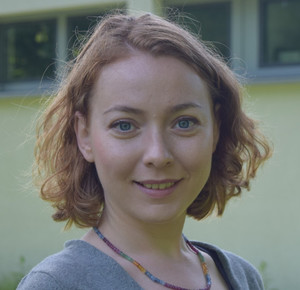Representing and Explaining Novel Concepts With Minimal Supervision (Talk)
Clearly explaining a rationale for a classification decision to an end-user can be as important as the decision itself. Existing approaches for deep visual recognition are generally opaque and do not output any justification text; contemporary vision-language models can describe image content but fail to take into account class-discriminative image aspects which justify visual predictions. In this talk, I will present my past and current work on Zero-Shot Learning, Vision and Language for Generative Modeling and Explainable Artificial Intelligence in that (1) how we can generalize the image classification models to the cases when no visual training data is available, (2) how to generate images and image features using detailed visual descriptions, and (3) how our models focus on discriminating properties of the visible object, jointly predict a class label,explain why the predicted label is appropriate for the image whereas another label is not.
Biography: Dr. Zeynep Akata is an Assistant Professor with the University of Amsterdam in the Netherlands, Scientific Manager of the Delta Lab and a Senior Researcher at the Max Planck Institute for Informatics in Germany. She holds a BSc degree from Trakya University (2008), MSc degree from RWTH Aachen (2010) and a PhD degree from University of Grenoble (2014). After completing her PhD at the INRIA Rhone Alpes with Prof. Dr. Cordelia Schmid, she worked as a post-doctoral researcher at the Max Planck Institute for Informatics with Prof. Dr. Bernt Schiele and a visiting researcher with Prof Trevor Darrell at UC Berkeley. Her research interests include machine learning that combine vision and language for the task of explainable artificial intelligence (XAI).


